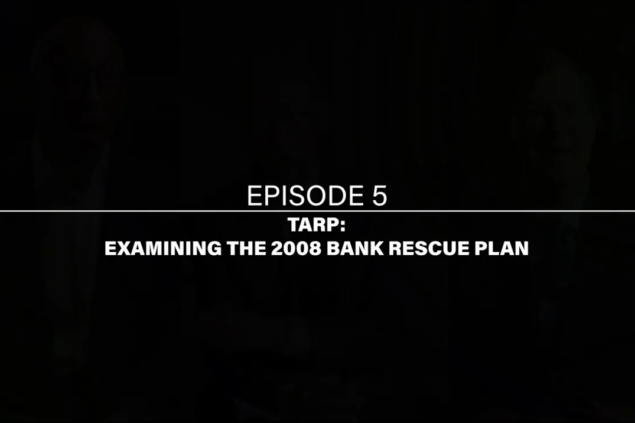Central Bank Digital Currency: A Benefit or a Burden for Citizens?
How is a Central Bank Digital Currency (or CBDC) different from other cryptocurrencies or from digital money that people spend using debit and credit cards? A CBDC would be directly controlled and operated by the government rather than private financial institutions. This type of control would allow the Federal Reserve to quickly intervene in the economy if needed. A CBDC would enable the government to inject funds into the market but could also restrict individual or societal transactions at any time, eliminating personal monetary control and financial privacy.
Norbert J. Michel is vice president and director of the Cato Institute’s Center for Monetary and Financial Alternatives, where he specializes in issues pertaining to financial markets and monetary policy.
Speaker
Vice President and Director, Center for Monetary and Financial Alternatives
Cato Institute
Topic
The Federalist Society and Regulatory Transparency Project take no position on particular legal or public policy matters. All expressions of opinion are those of the speaker(s). To join the debate, please email us at [email protected].




